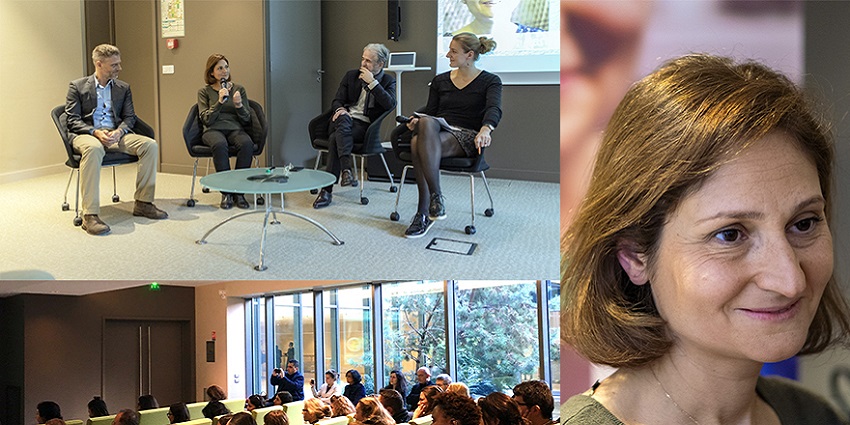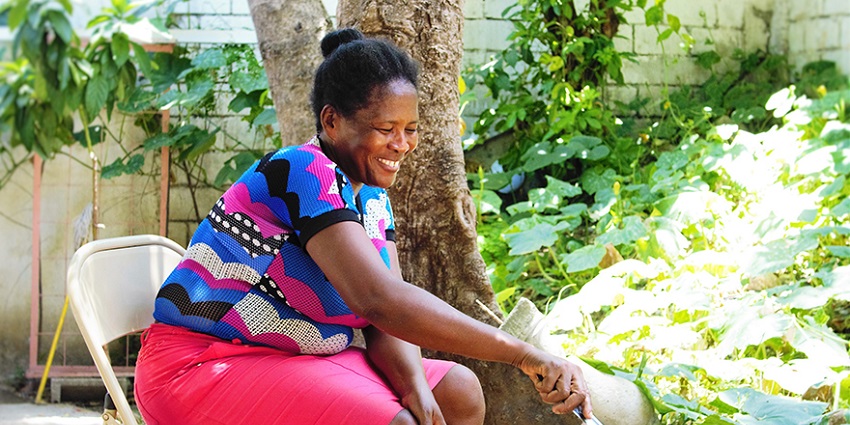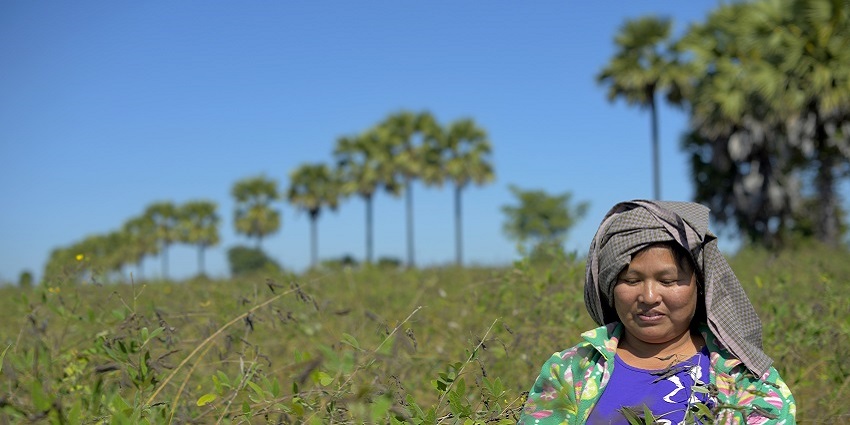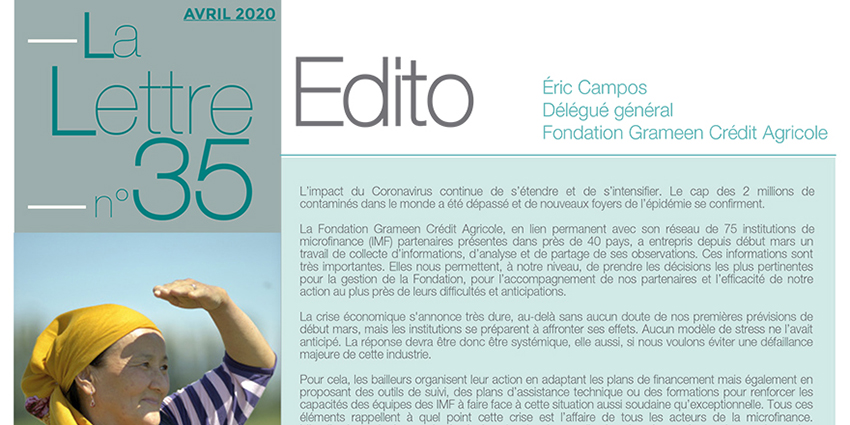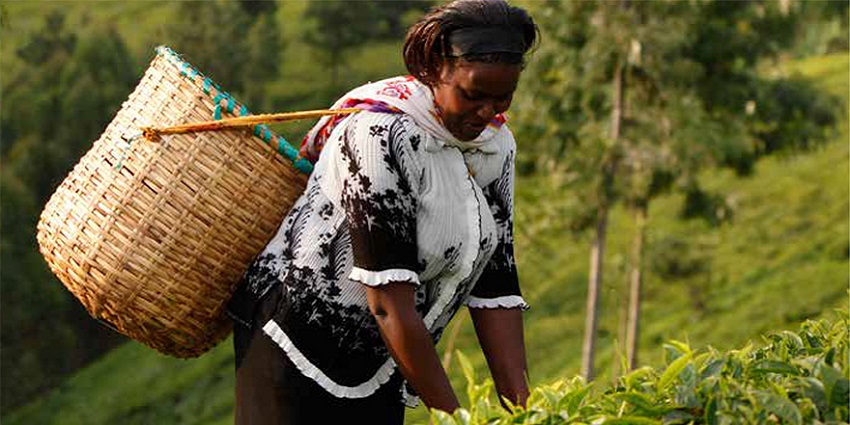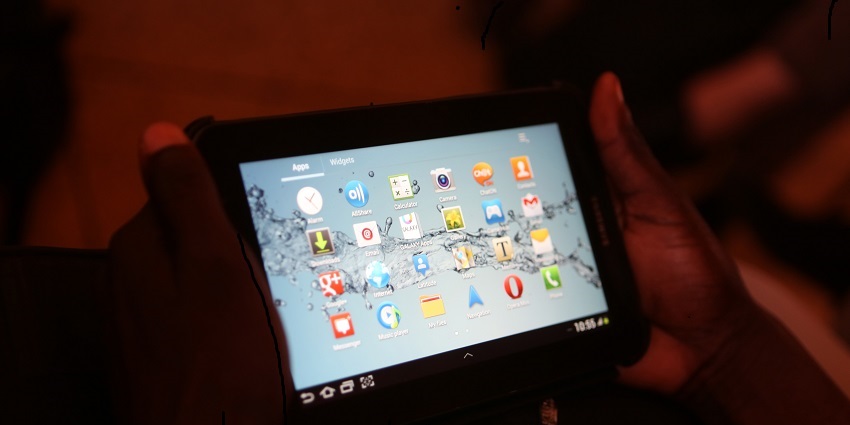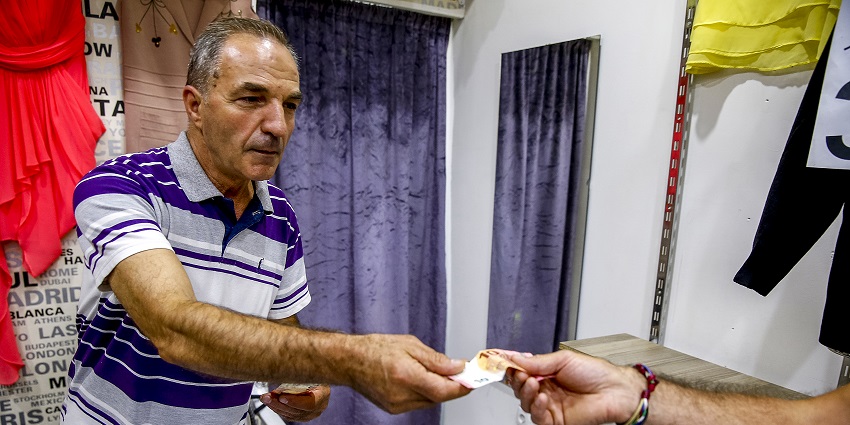By Grameen Credit Agricole Foundation
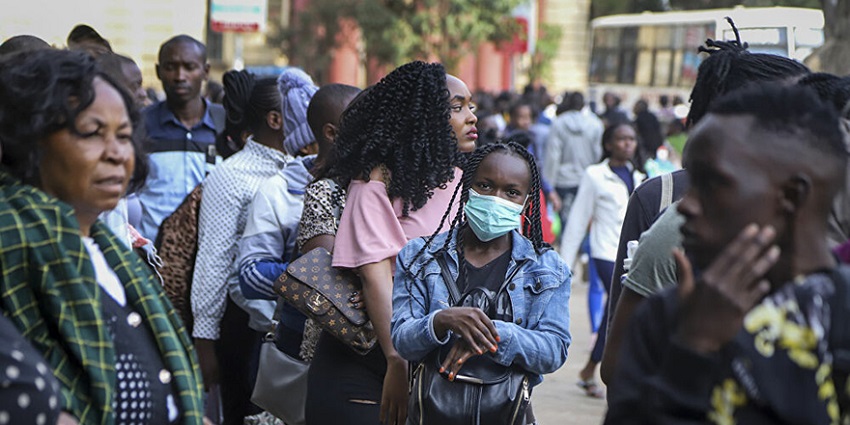
The crisis is beginning to produce its economic effects
A few days after our last publication, the impact of the coronavirus continues to spread and intensify. The milestone of one million infections worldwide has been surpassed, and new outbreaks of the epidemic are being confirmed.
The Grameen Crédit Agricole Foundation, in constant contact with its network of nearly 80 partner microfinance institutions (MFIs) in 40 countries, continues its work of collecting information, analyzing, and sharing its observations. Over the past few days, we have focused our monitoring on the consequences of the crisis and the work of MFIs to address it. This information is very important. It allows us, at our level, to make the most relevant decisions for the management of the Foundation, for the support of our partners, and for the effectiveness of our action as closely as possible to their difficulties and anticipations. It also contributes to the sharing of information among the actors in this sector who are organizing collectively in these times of crisis.
The results we obtained confirm the trends anticipated in the information reported during the first weeks: the crisis is very severe, undoubtedly beyond our initial forecasts from early March, but resistance is being organized. The effect of the health crisis is systemic. No stress model had anticipated it. The response must therefore also be systemic if we are to avoid a major failure of this industry.
Small local businesses are entering a recession
78% of our partners are seeing the first effects of the economic recession on their areas of activity.
In the initial feedback we received, rural areas seemed to be escaping the initial effects of the crisis, especially in food-producing areas. Now, regardless of the size of the institutions (the smallest have a financing portfolio of less than $10 million, and more than $100 million for the largest) and their geographical location, they are all, more or less, facing similar problems: the impossibility of travel (74%), the decline in disbursements to borrowers (77%), the ban on group meetings (63%) are the reasons most cited by our partners regarding the causes of the slowdown in their activity.
“As indicated in the first analysis, the expected direct impact (up to 6 months) is the possible deterioration of the quality of the portfolio in the tourism, transport and hospitality sectors, as well as that of loans financed by remittances from abroad. A medium-term impact is also expected due to the general slowdown in the economy and the reduction in the solvent clientele.” – Partner in Georgia
More than a third of our partners are experiencing near-total lockdowns (36%) and the others are adapting to restrictive pre-lockdown measures.
“[Our] business has been significantly impacted so far, with clients’ businesses being primarily affected by general public fears and more directly by the strict guidelines put in place by the government to try to control the spread of the virus. It is also anticipated that there will be an increase in the cost of living […]. Imports are decreasing, production costs are increasing. It is likely that Kenya’s GDP will fall and inflation will increase, which will affect the country’s economy.” – Partner in Kenya
“We are seeing increasing government action to restrict travel and business activities. For example, one regional government has clarified that all microfinance activities in the region must be suspended during the month of April. We are receiving similar requests from village authorities in other regions.” – Partner in Myanmar
Effects that now impact the institutions' accounts
These difficulties are beginning to be reflected in MFI figures. For example, 74% of the institutions report an increase in their portfolio at risk (PAR 1) compared to the end of 2019. This increase is currently contained to less than 10% in absolute value for 8 out of 10 institutions.
Institutions are clearly accelerating and intensifying their use of digital technology to compensate for the inability of sales teams to travel and arrange in-person disbursements. For example, 681,300 respondents reported increasing use of digital services to carry out their activities remotely.
Loan restructuring operations have already begun for nearly one in two MFIs (43%). The announced intervention of regulators and legislators in the financial sector is confirmed: nearly half of the respondents (44%) are encouraged to proactively propose moratoria and restructurings for the benefit of their borrowers (the countries that have imposed these measures include Kazakhstan, Kyrgyzstan, Sri Lanka, Cambodia, India, Uganda, Burkina Faso, Rwanda, Senegal, the DRC, Egypt, Morocco, and many Eastern European countries). New initiatives are also beginning to be considered, such as the implementation of emergency products (such as minimum subsistence allowances) in the coming months.
Institutions are putting in place crisis plans
This systemic crisis has prompted an in-depth review of MFIs' business plans and financing needs. Upon examination, the increase in loan deferrals granted to borrowers has not yet significantly translated into additional financial resource needs for the MFIs surveyed. Thus, at the time of the survey, 48% of them did not yet perceive any changes in their liquidity needs compared to the projections made for the year, and a third even envisaged a decrease in their needs due to a significant decline in their activity.
At this stage, only one in five MFIs (19%) anticipates an increase in its financial needs, linked to the increase in the price of inputs (seeds, fertilizers, raw materials, etc.), which will trigger an increase in borrowers' financial needs, mainly in the rural areas of our intervention territories. The major international microfinance networks are behind this prospective analysis.
“In addition to the Covid-19 crisis, Kazakhstan has been hit by the sharp drop in oil prices, which weakened the national currency from 380 tenge to 445 per dollar” – Partner in Kazakhstan
Our partners' responses now reveal other factors of concern, particularly in their ability to finance their activities: a quarter of them anticipate a loss in the value of their local currency against the dollar (26%) and a significant increase in currency hedging in their future financing (23%). One in five MFIs is already experiencing financing difficulties with their usual donors.
To be able to more closely manage the rise in risks and financing changes, more than half of MFIs (55%) report having finalized, or are in the process of doing so, a Business Continuity Plan including precise liquidity monitoring. This responsiveness is remarkable, and such plans are an essential element in helping MFIs cope with and manage the consequences of the crisis.
Our analysis leads us to observe an apparent correlation in the quality of Business Continuity Plans following the Coronavirus crisis and the past experience of a major crisis that has already affected the MFI. The lessons learned from past crises thus seem to play a very important role in the resilience of institutions in the face of a crisis, whether financial, political, health-related, etc. However, many institutions with less experience in this area also demonstrate a remarkable willingness to innovate and an ability to anticipate.
Donors also reacted very quickly. Also informed by lessons learned from past crises, they have demonstrated, in recent weeks, a remarkable capacity for intervention and anticipation in a sector that is, despite everything, still young. Thus, in all regions of the world, international lenders, foundations, investment funds, and local banks are working on joint action plans. Multiple meetings are being organized around the world to anticipate the crisis and ensure that its effects, which would be devastating without this awareness and rapid and determined commitment, are absorbed; all agree on the need for effective information sharing and coordination between the various stakeholders. Donors are organizing their actions around responses tailored to the financing needs of MFIs impacted by the crisis, but also by offering monitoring tools, technical assistance plans, and training to strengthen the capacities of MFI teams in the face of this sudden and exceptional situation.
All these elements underscore the extent to which this crisis is a matter for all microfinance stakeholders. The involvement and rigor of local institutions, the coordination of international networks, the support of public and private donors, and the confidence of investors will be the key values of our collective ability to overcome the challenge of this health tsunami.
___________________________________________________________
Discover other articles on: Covid 19 Observatory.
